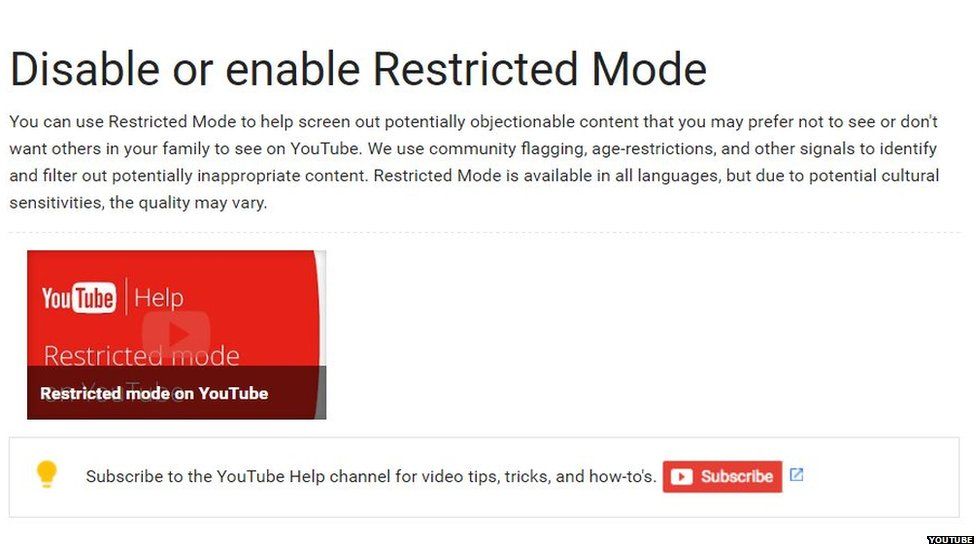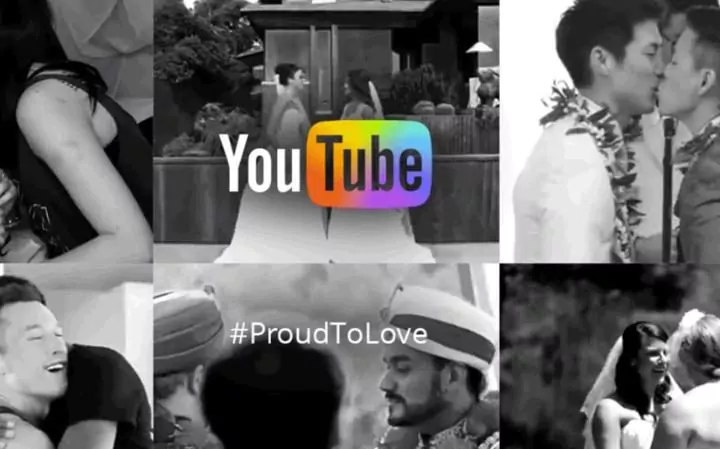YouTube showing more videos in Restrictive Mode along with LGBTQ+ content
YouTube’s Restricted Mode is specifically for preventing the kids from going through some stuff that would obviously distract their minds. But in this process of avoiding “those” specific videos that should not be viewed by kids, apart from the efforts they take, a huge number of comparatively undisruptive videos were getting blocked too. Moreover, these comprised a lot of LGBTQ+ contented clips.
When condemned for its restrictiveness, YouTube recently announced that it has incorporated few changes to the so-called system, which was wrongly screening the videos for this feature. This fix is somewhat interesting. You may ask how? YouTube took some extra efforts and manually checked the videos, which would have been previously blocked in its “Restricted Mode”; it further used this analysis to perfect its algorithm. With this modification, “Restricted Mode” is now able to access 12 Million videos, which were blocked previously.
These 12 Million new added videos include someone coming out to their grandmother and other videos such as the wedding vows for a lesbian couple. However, the system may not be “perfect” accepts YouTube. This makes it clear that few “G” rated videos will be considered very racy for kids to go through. In case you upload a video on the streaming video site and further it ends up getting blocked and filtered out by “Restrictive Mode”, what you can do is send a request to unblock it by sending a Restrictive Mode feedback form by specifying as to why the video should not be blocked and filtered out.
Obviously, you being an adult—if you really are and not pretending to be one—can always in the first place disable the Restrictive Mode.
Today’s generation is very smart and active. Various measures are been taken to protect them and help grow them with appropriate thinking. Do you really think what YouTube is taking efforts for will actually work and be fruitful? Of course, all these steps are a good thing, but will this be helpful and show its results as expected? As said, today’s smart and always-one-step-ahead generation will find ways to overcome this restriction too.



